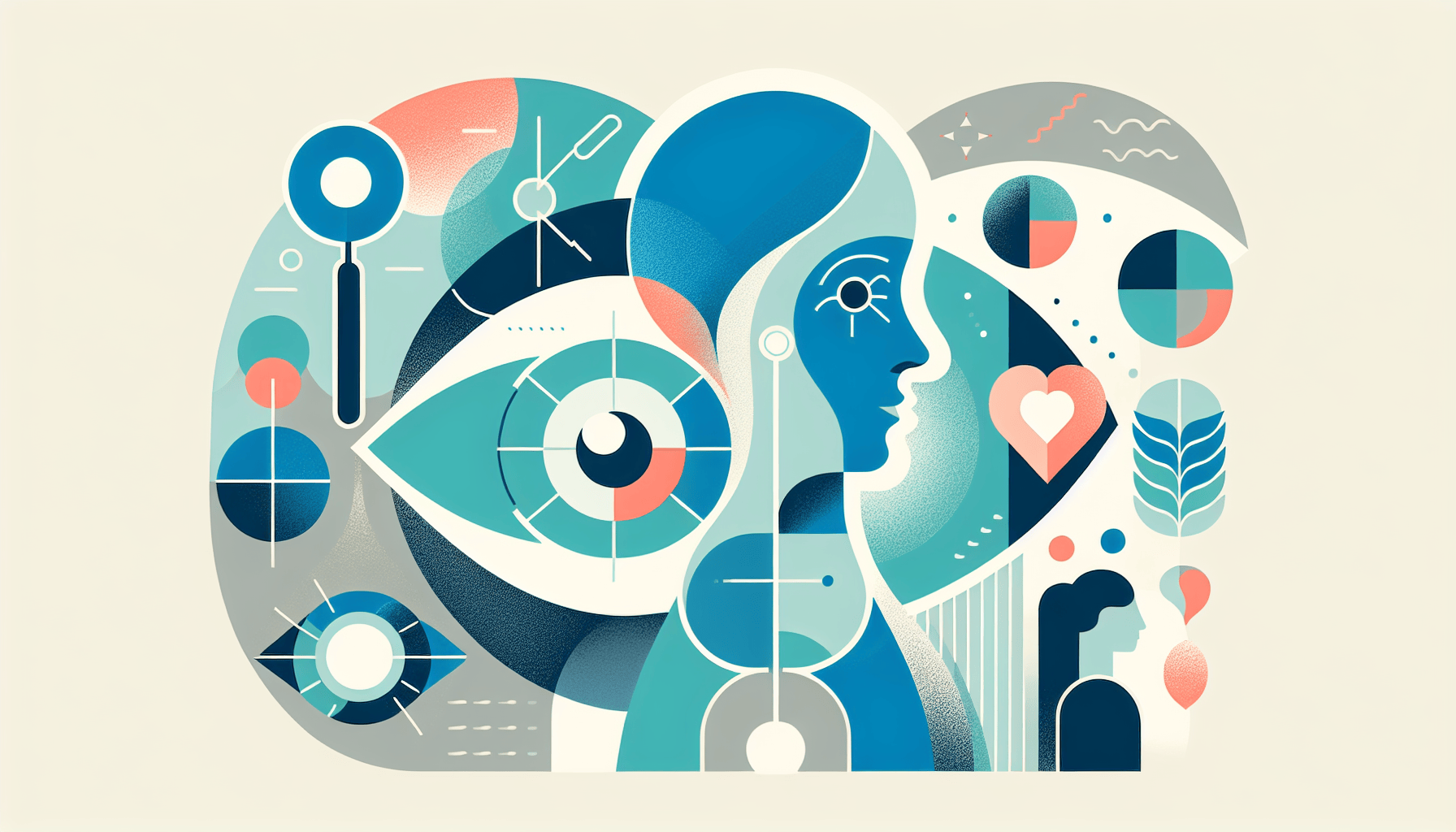Pupils are the dark, circular openings at the center of your eyes that allow light to enter. They play a crucial role in helping you see, but they can also provide valuable insights into your overall health. By observing changes in the size, shape, and reactivity of your pupils, doctors can diagnose various health conditions.
How Do Pupils Work?
Pupils work by adjusting their size to control the amount of light that enters your eyes. In bright environments, your pupils constrict (become smaller) to limit the amount of light, while in low-light conditions, they dilate (become larger) to allow more light in. This process is controlled by muscles in the iris, the colored part of your eye surrounding the pupil.
What Can Changes in Pupil Size and Shape Indicate?
Sudden changes in pupil size or shape can be a sign of various health issues. Some conditions that can affect your pupils include:
Anisocoria: One pupil is larger than the other, which may be a sign of a more serious problem if it appears suddenly.
Coloboma: A congenital condition where part of the eye doesn't form properly, resulting in an unusually shaped pupil.
Third cranial nerve palsy: Pressure on the nerves controlling eye movement can cause one pupil to dilate, sometimes indicating an aneurysm.
Pituitary gland tumor: A tumor in the gland that controls hormones can cause pupil dilation.
Horner's syndrome: This condition causes one pupil to shrink, often due to nerve damage.
Adie syndrome: One pupil becomes larger than normal and slow to react to light, often with an unknown cause.
Brain injury: Head trauma can cause pupils to become unusually large or unequal in size.
Cluster headache: Severe headaches on one side of the head can cause the pupil on that side to constrict.
Iritis: Inflammation around the pupil can lead to an irregular pupil shape if left untreated.
How Medications and Emotions Affect Pupils
Certain medications, such as amphetamines, narcotics, alcohol, antihistamines, and antidepressants, can cause changes in pupil size. Illegal drugs like cocaine and LSD can also affect pupil size. Emotions can play a role, too – when you hear someone laugh or cry or like someone, see something emotionally stirring, your pupils may dilate.
When to See a Doctor
If you notice any sudden, unexplained changes in your pupil size or shape, it's essential to consult your doctor right away. They may perform tests like the swinging light test to assess your pupils' reactivity or use medicated eye drops to dilate your pupils for a closer examination. Early detection and treatment of underlying health issues can help prevent more serious complications.
To learn more about eye health and pupil-related conditions, visit:
The Bottom Line
While minor differences in pupil size are usually harmless, sudden changes in pupil response or size—especially with neurological symptoms—require immediate medical attention as they can indicate serious brain or nerve conditions. If you're experiencing unexplained pupil changes or associated symptoms like vision problems or headaches, Doctronic can help you get quick answers and appropriate care guidance.



